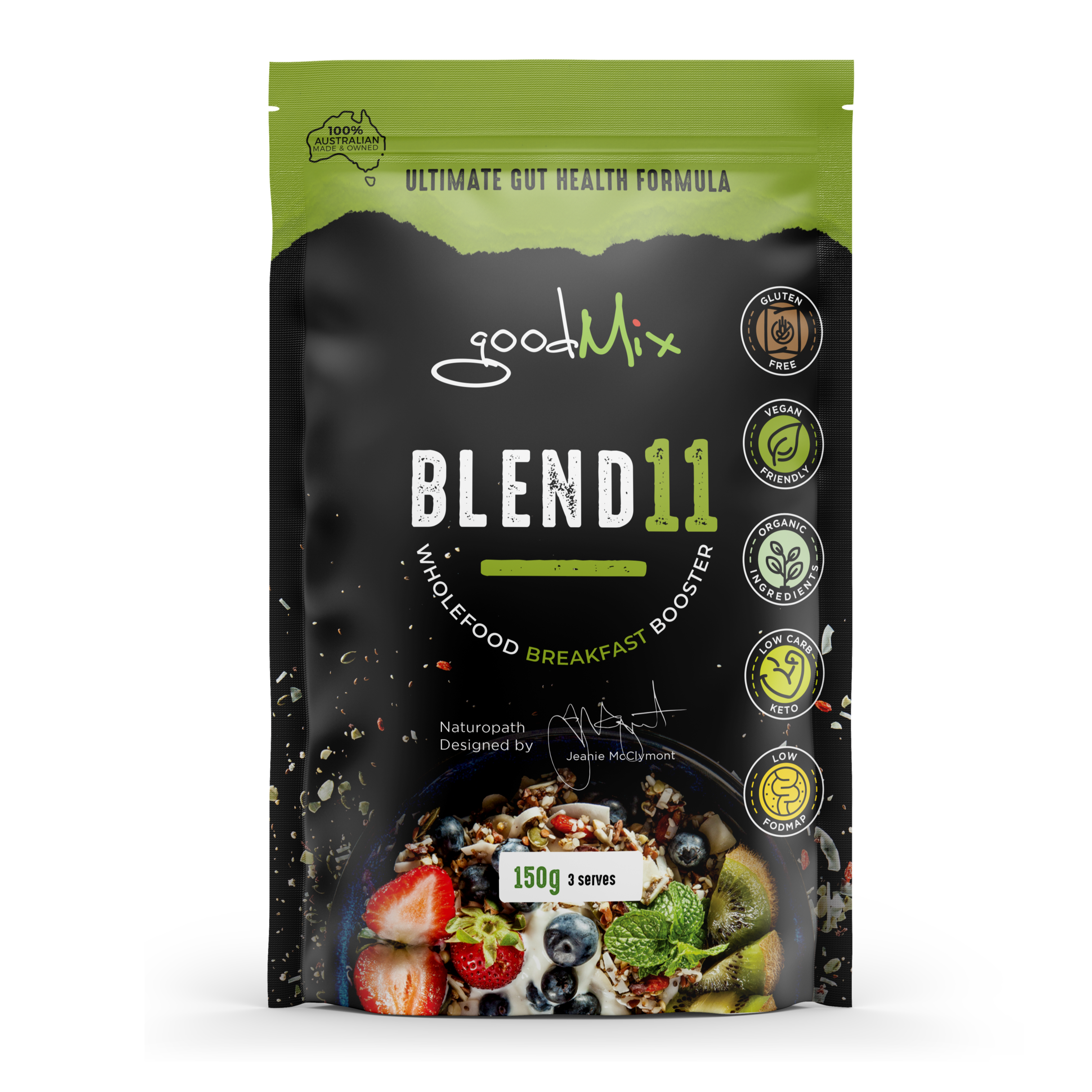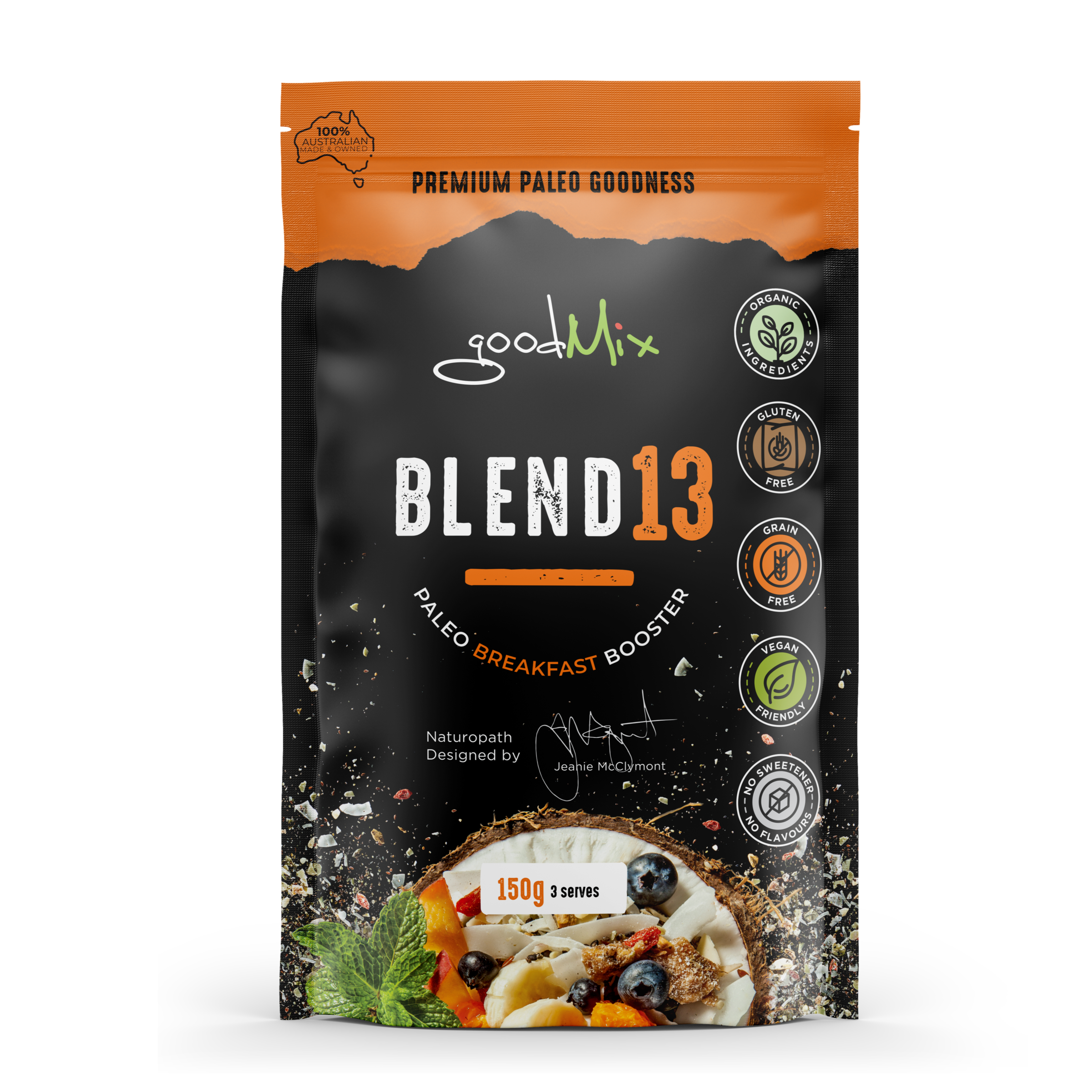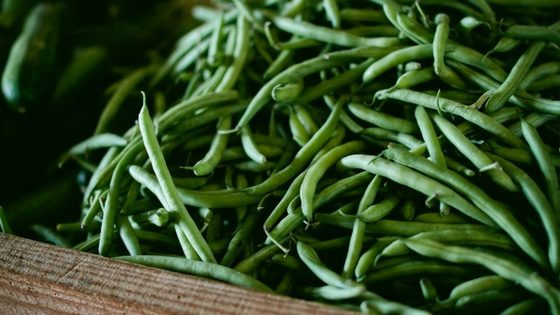
Will Probiotics Help IBS Or Make It Worse?
If you have been battling with IBS, you may have tried pre & probiotics unsuccessfully - for some they can really help a lot, but for many they just seem to aggravate the situation. A lot of people with IBS-D (more diarrhoea) find that they get worse bloating, discomfort & loose motions when they take pre & probiotics for IBS or eat fermented foods like yoghurt & sauerkrout etc. People with IBS-C (more constipation) may feel even more bloated, blocked & uncomfortable. But why…? Will probiotics help IBS or can they make it worse?
IBS…or SIBO?
IBS sufferers will often test positive for ‘SIBO’ (small intestinal bacterial overgrowth), which is where you have plenty of ‘good’ bacteria - but for some reason they are hanging out in the wrong place. We want these microbial helpers to prolifically populate the large intestine, but not the small. When you have SIBO, your misplaced gut bugs break down & ferment the carbohydrates that you’ve eaten in your small intestine instead of the large. This causes excess gas production, as well as the resulting gut disturbances (bloating, discomfort, diarrhoea, constipation, irregularity). It can also cause leaky gut & all the problems that occur when you get things leaking through the damaged gut-lining into your bloodstream (ie allergies / intolerances & autoimmune problems to name a few). Depending on the balance of microbes you have populating your small intestine - you’ll have different gases produced, & you may have more constipation or more diarrhoea.Different Bugs = Different Gas = Different Symptoms.
This is where it gets really interesting. Bacteria produce hydrogen gas when they ferment carbohydrates. Hydrogen gas is enough to make you feel bloated & give you diarrhoea, but then there are other microbes called ‘archaea’ which feed on the hydrogen produced by the bacterial carb-fermentation. The archaea produce another gas from this process - methane. Having high methane levels in your gut is associated with constipation. So if you have lots of the bacteria in your small intestine (but not the archaea), you’ll likely have bloating / gas / diarrhoea predominant IBS. If you also have the archaea, you’re more likely to be constipated. Remember also that the gut symptoms are only the tip of the iceberg - SIBO sufferers may also have immune system problems, mental / emotional disturbances, poor energy, joint inflammation, skin trouble - your gut can impact every single body system & when it is not balanced, everything else will struggle too.So…what to do ?
Starve the critters out!Remove The Bugs, Improve The Symptoms?
The bugs (both bacteria & archaea) depend upon you supplying the easily fermented carbs to survive in the small intestine. If their food supply dries up, they’ll gradually die off / migrate back to the bowel. So many people have great success eliminating their IBS symptoms by starving the SIBO organisms out, & there are some who have success using antibiotics too (these will apparently kill the bacteria, but not the archaea).Will They Come Back Again?
IBS symptoms are not fun, but neither is permanent dietary restriction! You can definitely improve your symptoms by starving out the bugs, but as soon as you reintroduce their favourite carbohydrate food sources back into your diet, they’ll be back with a vengeance - won’t they? Normally, yes. But if you can figure out & understand ‘why did I end up with too many bacteria in my small intestine in the first place?’, you’ll have a good chance of keeping things from getting that bad again. When you eat, don’t just consider the nutrition you’re feeding yourself, also consider the gut microbial impact - you need to eat in a way that helps support a balanced ecosystem. And this can vary a lot from person to person!What Could Cause SIBO In The First Place?
- Low stomach acid - this makes the small intestinal environment more welcoming to the bacteria
- Stress - your gut bugs are linked to your brain & emotions, in a 2 way communication. Stress can also effect stomach acid production & intestinal movement.
- Impaired Intestinal Motility - the gut movements don’t ‘flow’ as they should due to nerve / muscular problems or medication, illness, being sedentary for long periods.
- Gastro infections - acute damage to your gut lining & resulting disturbances in your microbial populations can start overgrowths.
- Dietary choices - excess refined carbohydrates, sugars, alcohol, & other gut irritating foods i.e. gluten.
- Antibiotics & other medications i.e. acid blockers - changing the gut environment & creating imbalance.
- Excess pre & probiotics / probiotic rich food & drink - you can sometimes have too much of a good thing. If the small intestinal environment is out of whack to begin with, the influx of bugs & their fave foods can make things much worse. Your tummy will let you know if these caps / foods / drinks don’t agree!




